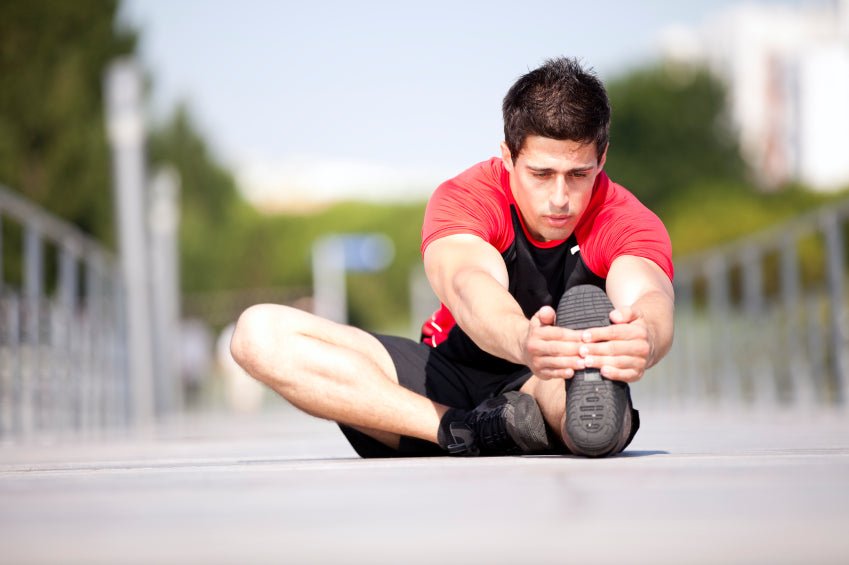Any fitness aficionado is familiar with the risks associated with exercise, including injury. To maximize your results without endangering your body, consider the following:
1) Condition yourself slowly
Beginning a difficult exercise routine without preparation puts you at a greater risk for ligament sprains and muscle tears. To protect your joints and muscles from injury, warm up for ten minutes before you exercise. This will increase the blood flow to the most-used parts of your body and loosen your joints. Loose joints are less susceptible to injury. If you are new to fitness, the same principle applies don't begin high-intensity workouts before acclimating to less challenging workouts. These may include jumping rope, hula hooping, swimming, hiking, or walking. As your body becomes stronger, you can slowly increase the intensity of your routine.
2) Improve your flexibility
When you exercise, your muscles and connective tissue stretch to accommodate your body's movement. But if you aren't adequately flexible, sudden movement can cause injury. Research indicates that stretching when your muscles are cold may briefly weaken them, so stretch after exercise and incorporate yoga into your routine every couple times you work out. This will improve your range of motion and reduce your risk for overstretching.
3) Keep hydrated
Drinking fluids before and after exercise will also reduce you risk for injury, as your body's essential physical processes depend on proper hydration. As a rule, you should drink 16 ounces of water an hour before you exert yourself. To optimize your fluid consumption throughout the day, monitor your urine: if it is clear or very light yellow, you are well hydrated.
4) Listen to your body
If you feel any pain while exercising, stop immediately and assess the situation. Bruising, swelling, or difficulty moving a part of your body all require medical attention. Some injuries like fractures and torn ligaments won't heal correctly without medical care. After an injury, do not push your body beyond its ability to perform, as exercising before you are able puts you at risk for permanent damage.
How do you protect your body when you exercise?


Leave a comment
All comments are moderated before being published.
This site is protected by hCaptcha and the hCaptcha Privacy Policy and Terms of Service apply.